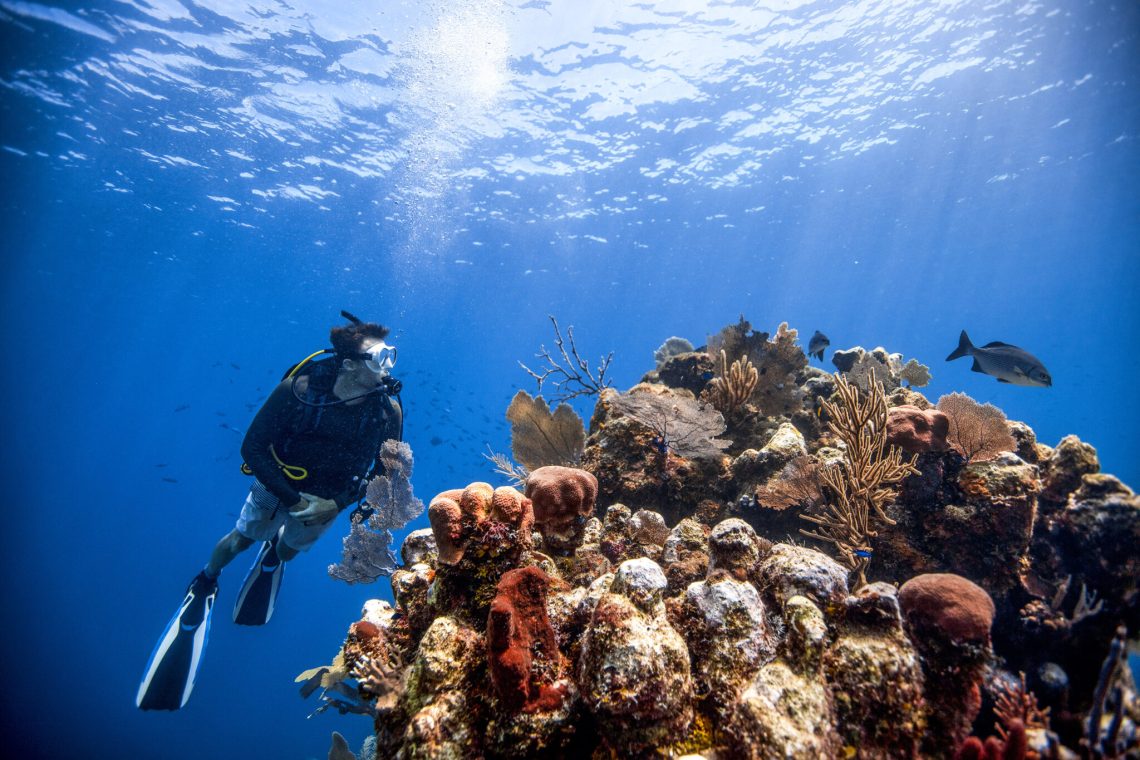Understanding the Basics of Scuba Certification
Scuba diving is an incredible experience, allowing you to explore the underwater world. Before you can embark on these adventures, you need to obtain a scuba diving certification, often referred to as a “license.” This certification demonstrates that you’ve completed the necessary training and possess the skills to dive safely. Different agencies, such as PADI, SSI, and NAUI, offer various certification levels, starting with entry-level Open Water Diver.
Does a Scuba Diving License Expire? The Truth About Certification Validity
This is a common question among divers, both new and experienced. The short answer is: generally, no, your scuba diving certification itself does not expire. Once you’ve earned your certification, it remains valid for life. However, this doesn’t mean you can simply dust off your card after years of inactivity and jump back into the water;
Important Note: While your certification doesn’t expire, your diving skills can become rusty. It’s crucial to maintain proficiency through regular diving or refresher courses.
Refresher Courses: Staying Dive-Ready
Even though your certification doesn’t expire, most dive operators and resorts will want to ensure you’re competent and comfortable in the water. If you haven’t been diving in a while (typically six months to a year), they may require you to complete a refresher course. These courses help you review essential skills, such as mask clearing, buoyancy control, and emergency procedures. They are designed to boost your confidence and ensure a safe and enjoyable diving experience.
Benefits of a Refresher Course:
- Review essential diving skills.
- Update your knowledge of diving procedures and safety protocols.
- Increase your confidence in the water.
- Familiarize yourself with new equipment or techniques.
Medical Considerations and Fitness to Dive
Your physical and mental health play a significant role in your ability to dive safely. Certain medical conditions can increase the risk of diving-related incidents. It’s essential to be honest about your health history and consult with a physician specializing in diving medicine if you have any concerns. Some dive operators may require a medical statement from a doctor before allowing you to dive.
Tip: Always prioritize your health and safety. If you’re feeling unwell or have any doubts about your fitness to dive, err on the side of caution and postpone your dive.
Frequently Asked Questions About Scuba Diving Certification
Q: What happens if I lose my certification card?
A: Contact the certifying agency (e.g., PADI, SSI, NAUI). They can usually issue a replacement card for a small fee.
Q: Do I need to renew my certification?
A: No, your certification itself doesn’t need to be renewed. However, refresher courses are highly recommended if you haven’t been diving recently.
Q: Can I dive anywhere in the world with my certification?
A: Yes, your certification is generally recognized worldwide. However, some dive sites may have specific requirements or restrictions based on experience level.
Q: How long is a refresher course?
A: Refresher courses typically last a few hours and can be completed in a single day.
Scuba diving is an incredible experience, allowing you to explore the underwater world. Before you can embark on these adventures, you need to obtain a scuba diving certification, often referred to as a “license.” This certification demonstrates that you’ve completed the necessary training and possess the skills to dive safely. Different agencies, such as PADI, SSI, and NAUI, offer various certification levels, starting with entry-level Open Water Diver.
This is a common question among divers, both new and experienced. The short answer is: generally, no, your scuba diving certification itself does not expire. Once you’ve earned your certification, it remains valid for life. However, this doesn’t mean you can simply dust off your card after years of inactivity and jump back into the water.
Important Note: While your certification doesn’t expire, your diving skills can become rusty. It’s crucial to maintain proficiency through regular diving or refresher courses.
Even though your certification doesn’t expire, most dive operators and resorts will want to ensure you’re competent and comfortable in the water. If you haven’t been diving in a while (typically six months to a year), they may require you to complete a refresher course. These courses help you review essential skills, such as mask clearing, buoyancy control, and emergency procedures. They are designed to boost your confidence and ensure a safe and enjoyable diving experience.
- Review essential diving skills.
- Update your knowledge of diving procedures and safety protocols.
- Increase your confidence in the water.
- Familiarize yourself with new equipment or techniques.
Your physical and mental health play a significant role in your ability to dive safely. Certain medical conditions can increase the risk of diving-related incidents. It’s essential to be honest about your health history and consult with a physician specializing in diving medicine if you have any concerns. Some dive operators may require a medical statement from a doctor before allowing you to dive.
Tip: Always prioritize your health and safety. If you’re feeling unwell or have any doubts about your fitness to dive, err on the side of caution and postpone your dive.
A: Contact the certifying agency (e.g., PADI, SSI, NAUI); They can usually issue a replacement card for a small fee.
A: No, your certification itself doesn’t need to be renewed. However, refresher courses are highly recommended if you haven’t been diving recently.
A: Yes, your certification is generally recognized worldwide. However, some dive sites may have specific requirements or restrictions based on experience level.
A: Refresher courses typically last a few hours and can be completed in a single day.
Liability and Responsibility: A Diver’s Obligation
While certification agencies provide training and assess competency, the ultimate responsibility for safe diving practices rests with the individual diver. Divers are expected to adhere to established safety protocols, assess environmental conditions prior to each dive, and make informed decisions regarding their own capabilities and limitations. Furthermore, divers should be aware of and comply with all applicable local regulations and dive site rules.
Expanding Your Skills: Advanced and Specialty Certifications
Beyond the Open Water Diver certification, numerous advanced and specialty courses are available to enhance your diving skills and knowledge. These courses can focus on specific areas such as:
- Deep Diving: Training for diving beyond recreational depth limits.
- Wreck Diving: Techniques for safely exploring submerged wrecks.
- Nitrox Diving: Utilizing enriched air mixtures to extend bottom time.
- Underwater Photography: Capturing stunning images of the underwater world.
- Rescue Diver: Developing skills to assist other divers in distress.
Pursuing these advanced certifications not only expands your diving capabilities but also demonstrates a commitment to continuous learning and improved safety.
The Importance of Dive Insurance
While not always mandatory, obtaining dive insurance is strongly recommended for all scuba divers. Dive insurance provides coverage for medical expenses, evacuation costs, and other unforeseen circumstances that may arise during a diving trip. Several reputable insurance providers specialize in dive-related coverage, offering various plans to suit individual needs and budgets. Prior to any diving excursion, divers should carefully review their insurance policy to ensure adequate coverage is in place.
Responsible Diving Practices: Protecting Our Oceans
As stewards of the underwater environment, divers have a responsibility to minimize their impact on marine ecosystems. This includes:
- Avoiding contact with coral reefs and other delicate marine life.
- Properly disposing of trash and debris.
- Refraining from feeding marine animals.
- Practicing good buoyancy control to prevent damage to the seabed.
- Supporting sustainable tourism initiatives that promote ocean conservation.
By adopting responsible diving practices, we can help preserve the beauty and biodiversity of our oceans for future generations.






